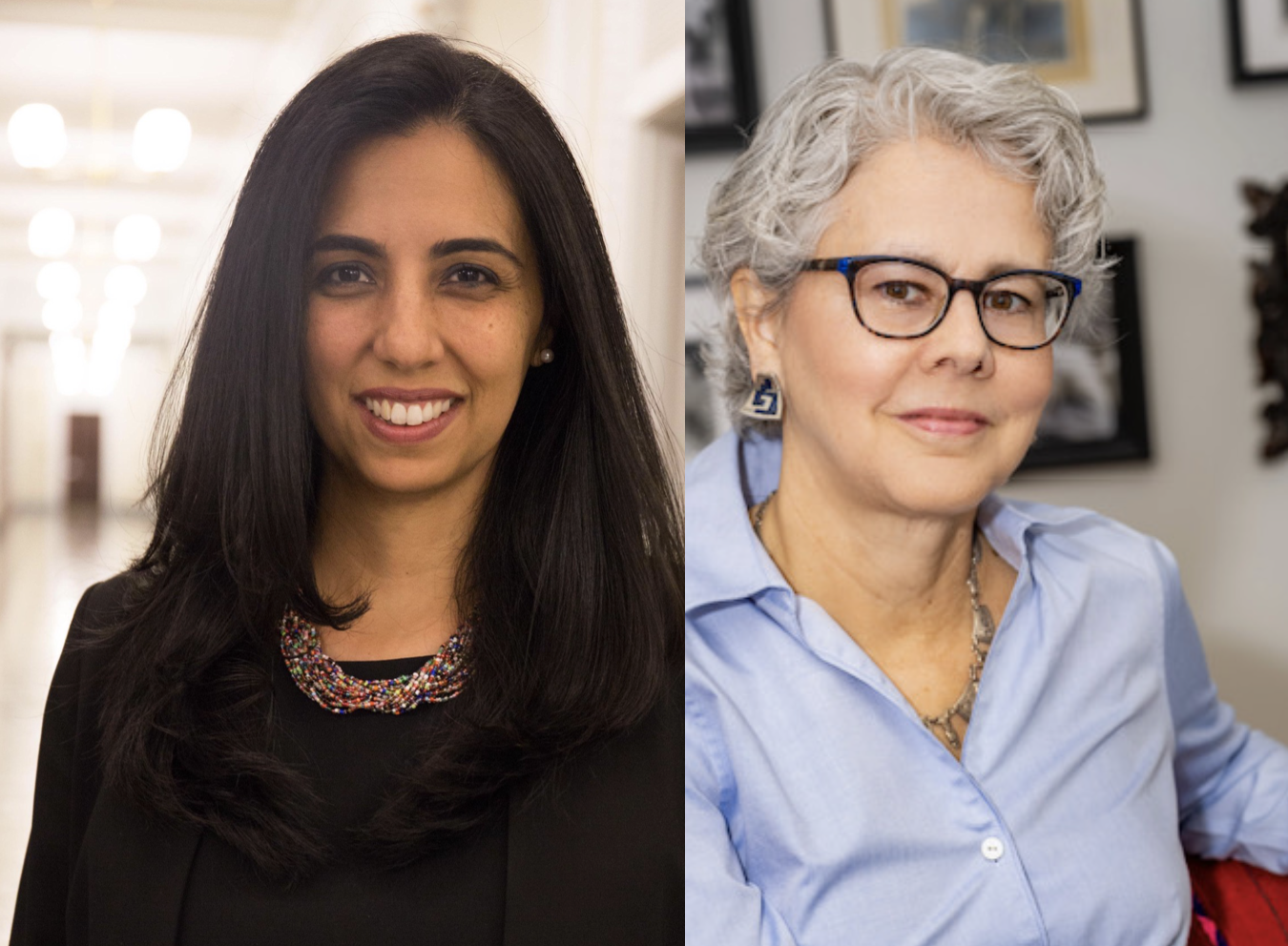To Build Community Wealth, a Grantmaker Gets Behind Employee Ownership in a Big Way
/M Business Images/shutterstock
The debate over the role of business in society seems to be shifting. Earlier this month, the Business Roundtable, a group of 181 leading CEOs, issued a public statement saying that corporations are responsible not just to shareholders, but to serving all stakeholders—from employees and suppliers to communities. The move comes after decades of triumphant shareholder capitalism that’s been accompanied by rising inequality, unending corporate scandals, and a persistent racial wealth gap that leaves wide swaths of the population outside the circles of economic opportunity.
After the Business Roundtable’s statement, Patagonia and 29 other firms upped the ante, encouraging signatories to join the B Corporation movement, which makes businesses legally accountable for creating stakeholder value.
Against that backdrop, the Kendeda Fund’s move this week to democratize business ownership seems prescient. Kendeda, an Atlanta-based grantmaker that invests in “transformative leaders and ideas,” is betting big on building an equitable economy and alternative models for wealth through small businesses, which it considers the backbone of local economies. Kendeda will be working with four organizations to change the dynamics of employee ownership, providing $24 million in grants over the next five years.
Betting Big
The investment is among the largest in the fund’s history. Established in 1993 by the philanthropist Diana Blank after her divorce from Home Depot co-founder Arthur Blank, Kendeda is known for its work in areas that include the environment, gun violence prevention, girls’ rights and veterans. Since its inception, it’s made more than $700 million in grants. The fund is currently engaged in a spend-down strategy, and plans to conclude its grantmaking in 2023.
Grants to expand democratic employee ownership will be managed through its People, Place and Planet program, which—besides working in sustainability and ecology—champions sustainable strategies for wealth building. Fund manager Diane Ives says its funding in the category started in 2009 in response to the recession. Two years ago, at Blank’s direction, it specifically began looking more closely at employee ownership opportunities.
Encouraging employee ownership is hardly a new idea. A small but patient cadre of nonprofits and funders has been promoting the cause for decades—making steady gains, but hardly catalyzing the kind of “localist” economic revolution that many have hoped for. Is there any reason to think that this idea is finally ready to move from the margins to the mainstream?
Maybe so. Beyond attention to economic equity issues and the failure of U.S. capitalism to spread wealth widely enough, one new development lies in changing demographics. A “Silver Tsunami” of older business owners is starting to retire, a trend that’s set to accelerate sharply as baby boomers age, leaving behind the small enterprises they built. Size makes them difficult to sell, and kids often have goals of their own. Kendeda wants to popularize another exit strategy by creating easier pathways for owners to turn their businesses over to employees, and supporting such transitions.
The fact that the fund is making such a big commitment here reflects the plan to spend out by 2023, says Ives. Kendeda has long looked to build out the fields where it funds, and now, with a clock ticking, it is aiming to do that on a larger scale, “pushing the dial to move things faster.”
The infrastructure to advance employee ownership could use more deep-pocketed friends. While Kellogg, Novo and the Libra Foundation also work in the space, this issue has never been a major interest of the broader philanthropic community.
Targeting Small Business
Kendeda is focusing its initiative on small businesses because it considers them cornerstones of community wealth and vibrancy. Local owners don’t just hire locally, they reinvest in the places where they live—in contrast to ubiquitous chains that send profits off to distant corporate coffers. The hollowing out of local ownership in recent decades has been one driver of growing inequality. And while it’s hard to imagine that trend growing worse across a nation where commercial districts look ever-more identical, with fewer mom-and-pop outfits, that could be the result of the coming “Silver Tsunami.”
Kendeda is hoping to shape a different trajectory with an initiative that has three goals and four partners. Goals include improving job quality and confronting the racial wealth gap, inspiring the philanthropic and impact investing communities to see democratic employee ownership as a key strategy for business development, and building healthy communities through local ownership and business retention.
The partners all have proven track records in advancing employee ownership, but represent a diversity of methods and geographies. All have funding relationships going back years. The Fund for Employee Ownership converts businesses owned by retiring baby boomers to worker ownership in Northeast Ohio, and supports them as part of the Evergreen Cooperative Corporation. ICA Group’s grant will focus on converting home care and child care businesses in Massachusetts and New York to employee ownership, building worker wealth and power. San Francisco-based Project Equity promotes employee ownership as an exit strategy for baby boomers reaching retirement age. And Nexus Community Partners in the Twin Cities will use its funding to focus on conversions in industry sectors that are likely to employ people of color, helping communities own the wealth their labor helped create.
Hilary Abell, co-founder of Project Equity, says the organization is seeing an increased demand for employee ownership from cities and small business advocates across the country, signaling a real opportunity for scale, saying, “Local leaders are hungry for solutions that support small business retention and build community wealth.”
Millions of Americans spend their lives building wealth for others, but have historically been excluded from economic opportunity. Expanding alternative models that allow their own wealth-building would seem to be a philosophy that all walks of society can get behind.







































